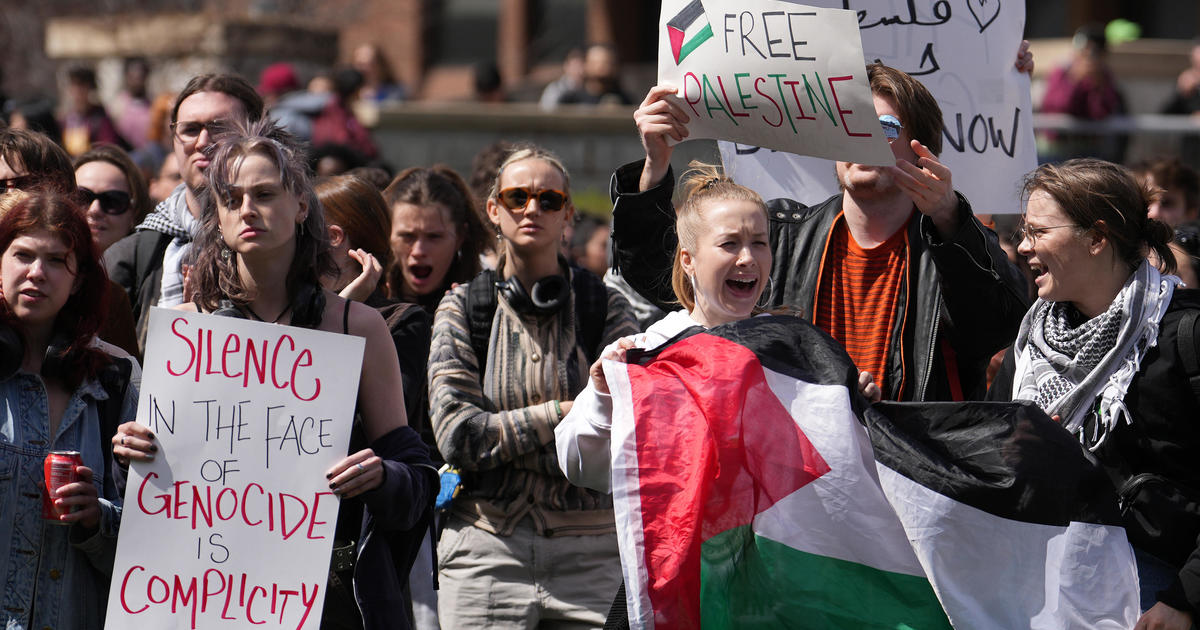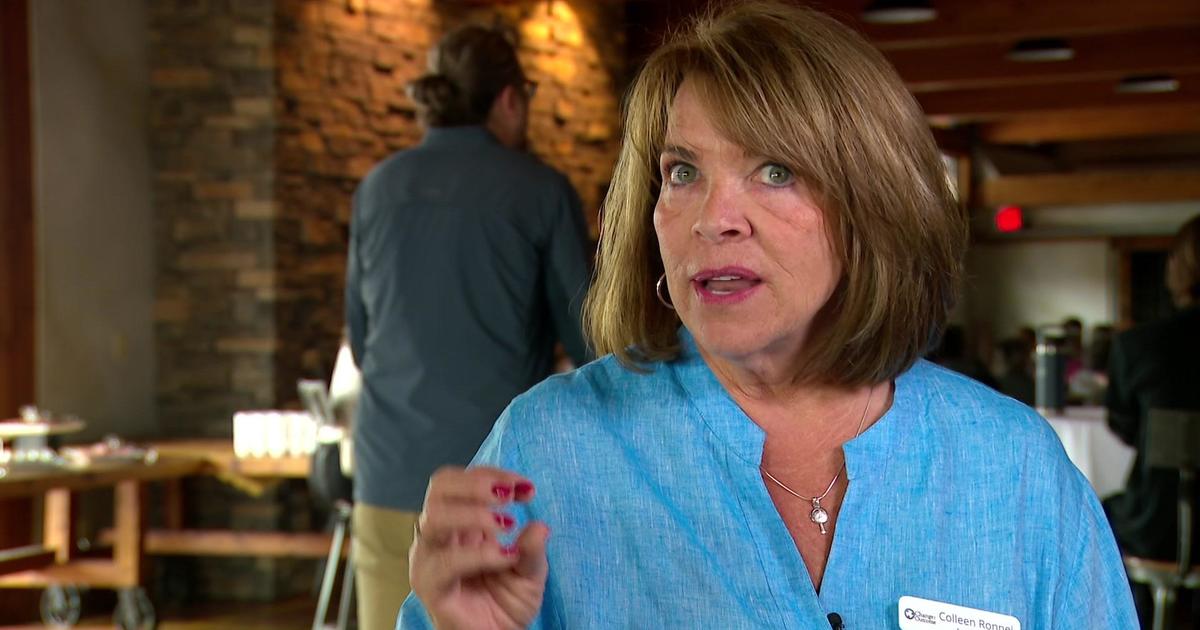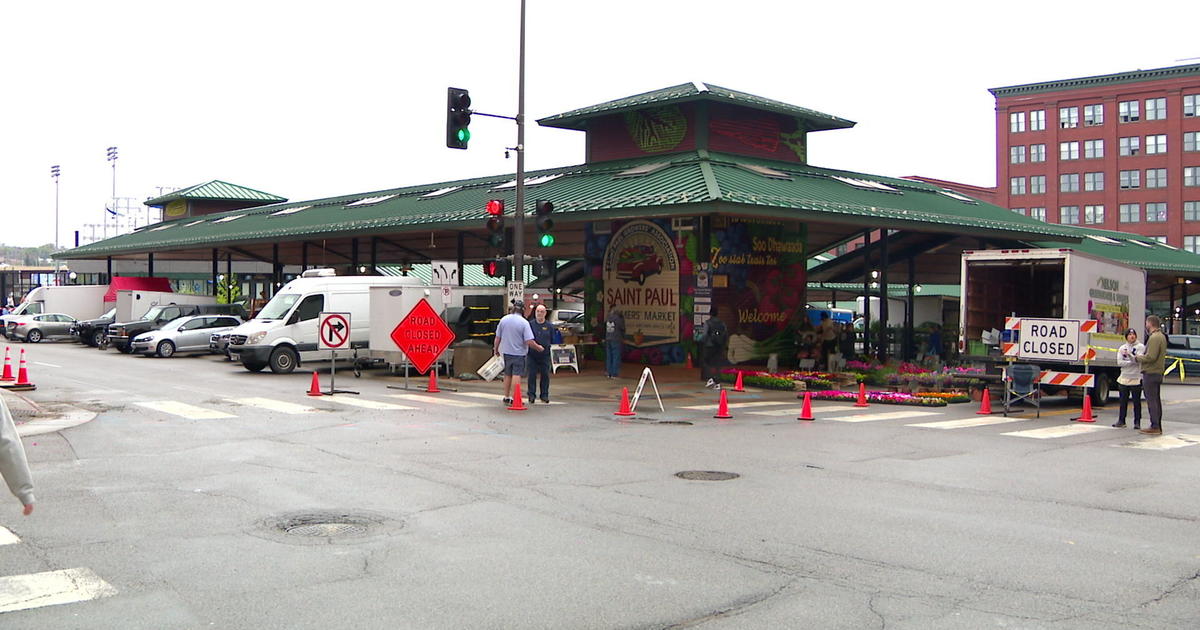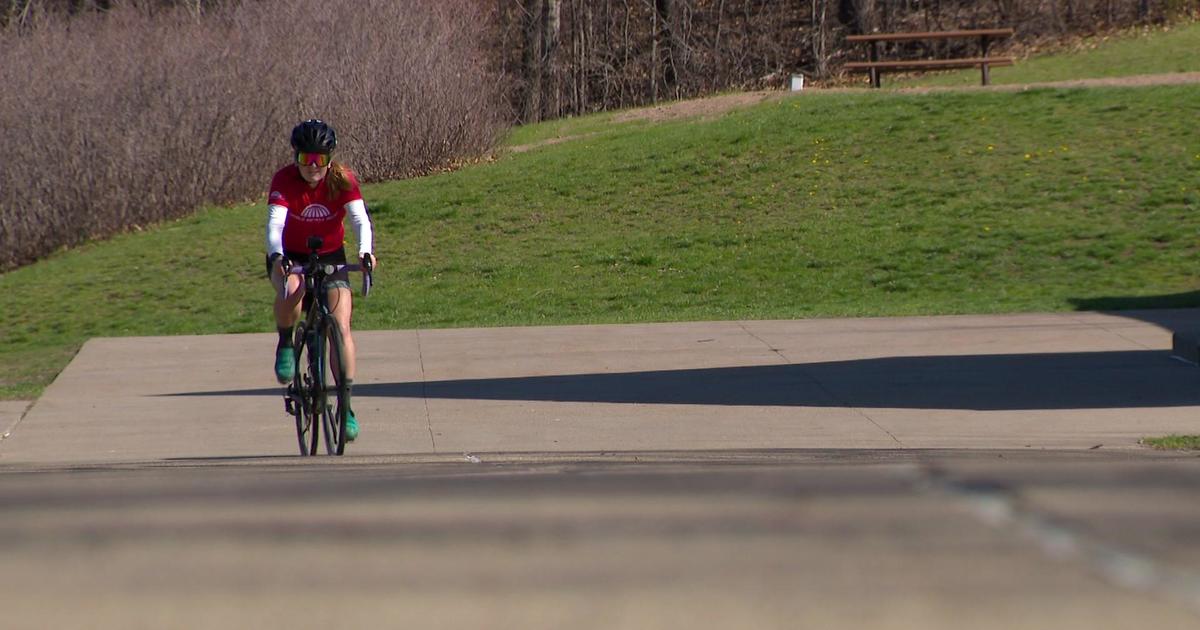As free school meals roll out in Minnesota, districts worry about staffing shortages, loss of funding
HENNEPIN COUNTY, Minn. -- Free school meals become a reality when Minnesota public school students head back to the classroom in just a couple of short weeks.
While many districts applaud the change, some are still struggling with the ongoing staffing shortage and concerns over losing out on some major funding.
Many districts like Anoka-Hennepin said the 2021-2022 school year was a good dry run for what's to come this upcoming school year.
That year, school was back in session and all meals were paid for by the state and the federal government.
Anoka-Hennepin district leaders said while the quality of food won't change this year, how it's served might as they continue to deal with an issue they've had since the pandemic -- not enough staff.
The district served about 3,000 more breakfast meals during the pandemic so leaders are anticipating a similar increase this upcoming school year.
READ MORE: Free school meals on the horizon as Minnesota food shelves grapple with continued need
Noah Atlas, the district's director of child nutrition, said they are considering shifting more staff to the morning hours to help with the anticipated uptick.
Currently, the district is short about 60 people for food service. Atlas said normally they'd only be looking to fill about 25 positions this time of year.
He said that means lunch service may have to be modified.
"In high schools, you might see what we call 'the slide,' which is that self-serve kind of grab and go where we serve burgers and pizzas and things like that," he said. "Well, if I don't have a person to be on that slide that day or to service it, they might just be serving regular food and our guests at self-serve they might have to go through the line and get their hamburger that day instead of being able to get it themselves."
Adding a breakfast option will be new for Minnetonka Public Schools as there wasn't enough of a demand in the past.
JacQui Getty, the district's executive director of communications, said the district is also anticipating a shift change to accommodate the new meal option.
"Our nutrition services staff members shifts will adjust, so we can offer longer shifts, which means we'll have staff longer during the day, which gives more time for meal prep so that allows for more options in food selection," she said in a statement. "We have seen a big uptick in applications to be on our nutrition services staff, with this change, so that is exciting!"
READ MORE: Back-to-school shoppers in Minnesota may be eligible for thousands in tax benefits
Kristi Mussman with Prior Lake Savage Area Schools said the district is also anticipating an increase in students participating in breakfast.
"At this time we are not going to increase staff," she said in a statement. "We are going to reevaluate around MEA/fall break. While we are not fully staffed at the moment, we are in a better situation than we were last year, so we are optimistic."
Robbinsdale Area Public Schools are also anticipating participation in breakfast and lunch to return to pandemic levels and district leaders are working to make sure they are staffed appropriately to meet the need.
St. Paul Public Schools doesn't anticipate any changes with staff or participation with free meals this year as district leaders said the district already serves a high number of students on free and reduced lunch.
Minneapolis Public Schools has offered a free breakfast to all students for more than a decade, so district leaders said they're anticipating about a 10% increase in lunch participation, which is similar to the increase they saw during the pandemic.
A number of the districts WCCO heard from also reiterated similar concerns about potentially losing out on funding because of the free universal school meals implemented this year.
Districts are worried students previously on free and reduced lunch won't fill out an application for educational benefits even though the form is tied to so much more than the school meals.
In Minneapolis, roughly 54% of students in the district are considered free and reduced. The district gets a substantial amount of funds to help those students for other things outside of meals, but that's only when families fill out an application for educational benefits.
Bertrand Weber, the district's culinary and wellness services director, said not filling out the forms could result in schools losing out on hundreds of thousands of dollars and districts could lose millions and that's not including the cost families would have to pay.
"If the districts don't collect those applications there's a direct impact on individual schools with some of the funding," he said. "For families it also impacts busing, internet, athletic events [as] all of that is tied to that application."
Minneapolis continued to collect these forms as good practice through the pandemic even though meals were paid for, but stressed filling out the application will benefit all school districts in Minnesota.
Area districts said they'd like families to fill out the application by Oct. 15.
Here are links to the Application for Education Benefits for some of the districts in the metro:




